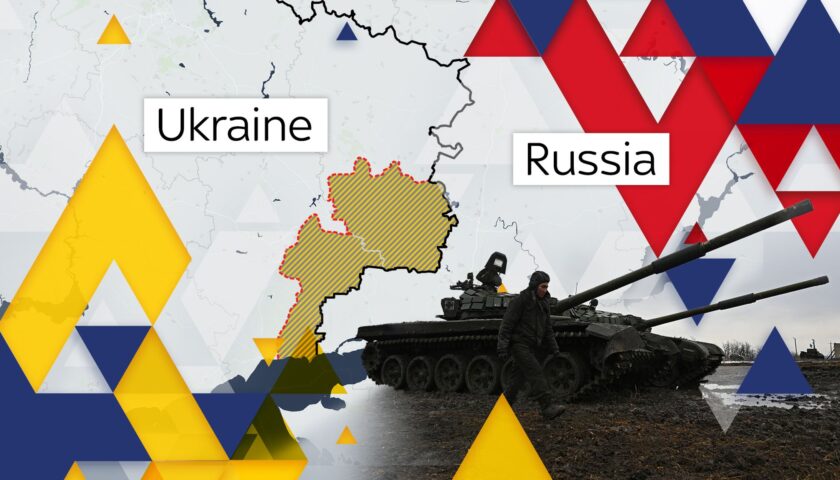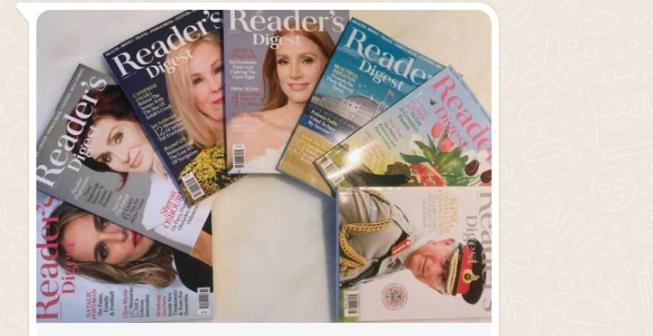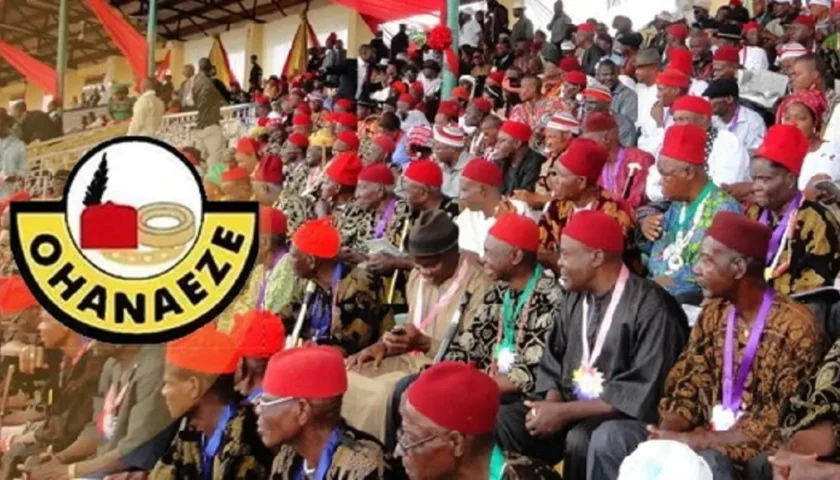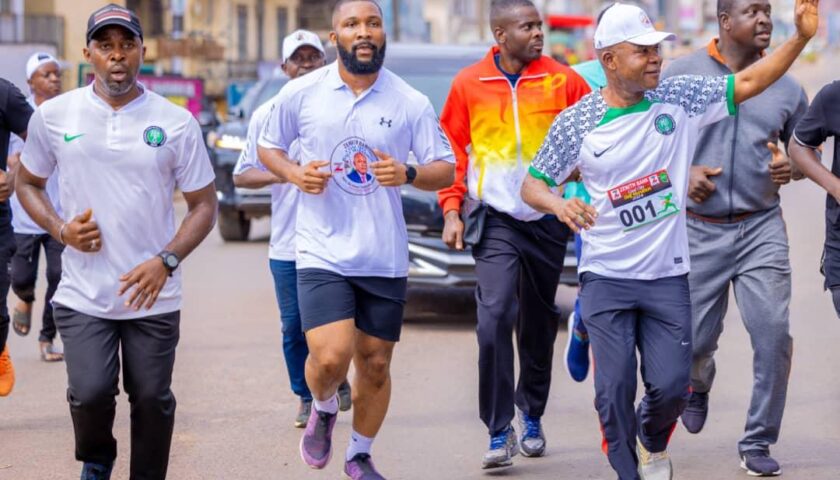By NewsBits
Vladimir Putin has said “there will only be peace in Ukraine when we achieve our aims” as he appeared on television for his year-end press conference for the first time since he launched the invasion, seeking to project confidence in his war machine.
Calling for the “denazification of Ukraine, its demilitarisation and neutral status”, the Russian president took a hard-line stance that demanded Ukraine’s unconditional surrender, after Kyiv’s lacklustre counteroffensive this summer and delays in US military aid to Ukraine brought on by partisan infighting in Washington DC.
Tatiana Stanovaya, an analyst for the Carnegie Russia Eurasia Center, wrote: “Putin just made a peace proposal to the west on the conditions of Ukraine’s total capitulation.”
The year-end press conference, typically an annual cocktail of Kremlin pomp and state TV camp, lasted more than four hours and included questions from soldiers beamed in from the frontlines, regional journalists vying for the microphone in a studio and a question delivered by an AI-generated version of Putin. In response, Putin denied a popular rumour that he had been using a body double in public.
The president also issued his first remarks on the detained Wall Street Journal reporter Evan Gershkovich, indicating that Russia was pursuing negotiations with the US that could lead to the release of Gershkovich and of Paul Whelan, another American imprisoned in Russia.
“We want to reach an agreement, and these agreements must be mutually acceptable and must suit both parties,” Putin said, adding that Russia had ongoing contact with the US on the issue.
The US said last week that Russia had rejected a “substantial” proposal to free the two jailed Americans. The offer is believed to involve trading prisoners.

Earlier in the day, a court in Moscow upheld the detention of Gershkovich, a ruling that meant the Wall Street Journal reporter would remain in custody at least until the end of January on an allegation of espionage that he, the Wall Street Journal and the US government deny.
The Kremlin cancelled the press conference last year, after Russian troops had abandoned positions in north and eastern Ukraine and the military had announced a mass mobilisation during which many Russian men fled the country or went into hiding to avoid conscription. It was believed that Putin was trying to avoid uncomfortable questions on the war.
This year, the president used the event to calm concerns about the war at home, claiming that the Russian army had signed up nearly 500,000 contract soldiers and that there would be no need for the military to announce a new round of mass mobilisation.
He also gave a rosy assessment of the war, saying that Russia had strengthened its defensive positions along the frontlines. He played down a Ukrainian beachhead established on the eastern bank of the Dnipro River, saying Russian troops had been forced to make a small withdrawal and calling the Ukrainian operation a “last-ditch” effort.
Putin also claimed western support for Ukraine would soon dry up. “Today Ukraine produces almost nothing,” he said. “Everything is being brought in for free. But that could run out at some point. And it seems that they are gradually running out.”
Recent polling has suggested that some in the country are growing tired of the war that shows no sign of stopping. When asked by the independent pollster the Levada Center what they would ask Putin, the most popular question was when the invasion of Ukraine would end.
Another survey showed almost half of Russians wanted Putin to open talks to end the conflict, for the first-time outnumbering those who wanted to keep fighting. Some questions submitted by Russians and then projected on to the walls of the studio indicated growing frustration over the war, though they were not addressed during the conference.
Putin gave no timeframe on the end of the war, instead answering several questions on the condition of Russian troops on the frontlines. He also boasted about the resilience of Russia’s wartime economy, saying it had successfully weathered the unprecedented western sanctions imposed on the country since the start of the conflict.
The Russian leader said the economy was expected to grow by 3.5% this year, as western analysts agreed that Russia’s economy had fared better than initially expected. “It means we have recovered from last year’s fall … and we have made a relatively serious step forward,” Putin said.
He stressed that important sectors of Russia’s economy, including automotive and aircraft industries, were rebounding from western sanctions.
Still, Putin admitted inflation would reach 8% and issued a rare apology when a pensioner complained to him about the price of eggs. Economists have linked rising inflation to the country’s ballooning war spending.
Alexander Kynev, a Russian political analyst, said Putin’s laidback and fairly unaggressive tone was the “correct and only possible pre-election message”. “Everything is going fine, there is no reason to radically change anything, there are problems and we are solving them,” he added, summing up Putin’s message.
In the final question, Putin was asked about the advice he would give to himself in 2000, the year he first became president. Highlighting his resentment towards the west, the president said he would tell his younger self to be wary of “excessive naivety and gullibility regarding so-called western partners”. My word of advice … we must believe in the great Russian people,” he said.





